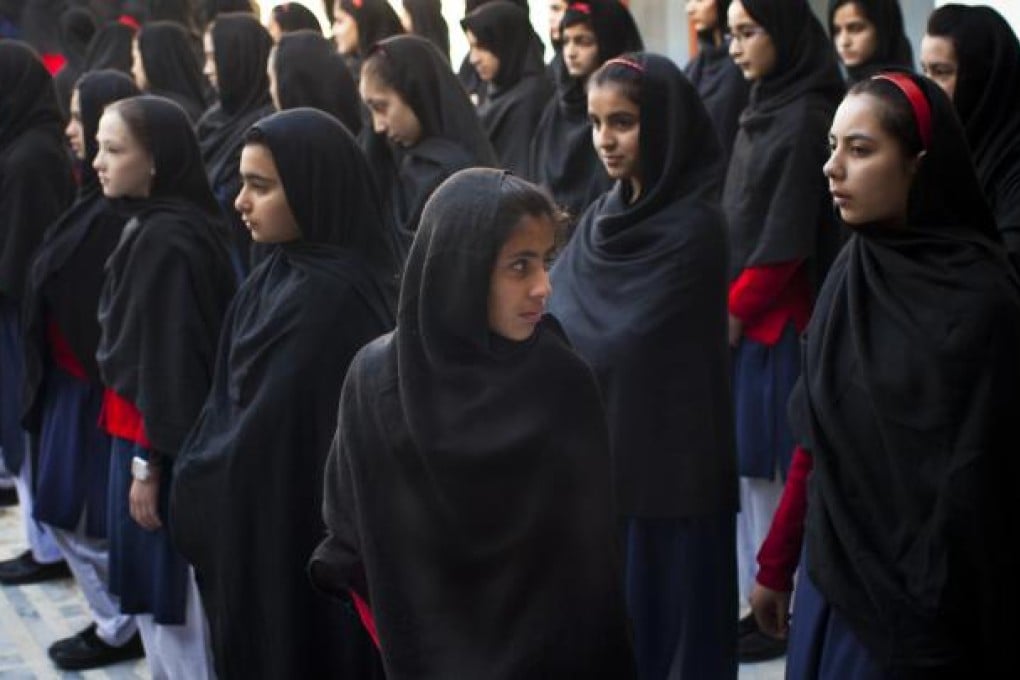Educating girls is the best way to make an impact worldwide
Shashi Tharoor says educating girls and women is the single best thing governments can do to have a real impact on societies, and the world

One of the more difficult questions I was asked when I was a UN undersecretary general was: "What is the single most important thing that can be done to improve the world?"
It's the kind of question that tends to bring out the bureaucrat in even the most direct of communicators, as one feels obliged to explain the complexity of the challenges confronting humanity - how no imperative can be singled out over other goals; how the struggle for peace, the fight against poverty and the battle to eradicate disease must all be waged side by side; and so on, mind-numbingly.
Then I learned to cast caution to the wind and venture an answer to this most impossible of questions. If I had to pick the one thing, I now offer a two-word mantra: "educate girls".
It really is that simple. No action has been proven to do more for the human race. Studies and research projects have established what common sense might already have told us: if you educate a boy, you educate a person; if you educate a girl, you educate a family and benefit an entire community.
The evidence is striking. Increased schooling of mothers has a measureable impact on their children's health, education and adult productivity. Children of educated mothers consistently outperform children with educated fathers and illiterate mothers. A girl who has had more than six years of education is better equipped to seek and use medical advice, to immunise her children and to be aware of the importance of sanitary practices. A World Health Organisation study established that "in Africa, children of mothers who have received five years of education are 40 per cent more likely to live beyond the age of five".
The health advantages of education extend beyond childbirth and infant health. Aids spreads twice as fast, a Zambian study shows, among uneducated girls than among those who have been to school. Educated girls marry later and are less susceptible to abuse by older men. And educated women tend to have fewer children and space them more wisely, facilitating a higher level of care.